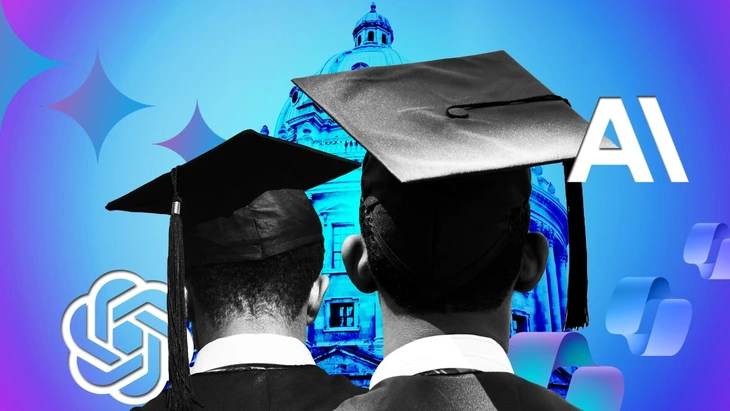
The popularity of AI tools also causes headaches for schools and teachers - Illustration photo: FINANCIAL TIMES
Teachers argue that homework assignments such as book reports, take-home tests and essays have become outdated and that assigning them amounts to encouraging students to cheat.
Fraud and how to deal with it
Casey Cuny, an English teacher of 23 years, said that "cheating is at a record level, the worst in my career." He said that for any homework assignment, teachers must assume that students will use AI to complete it.
Instead of worrying about whether students will use artificial intelligence (AI), the question now is how schools will adapt, as many traditional teaching and assessment methods are no longer effective. The rapid development of AI is changing the way we learn, teach, and creating confusion about the definition of cheating.
In response, many teachers have changed their teaching and assessment methods. California high school teacher Casey Cuny requires students to do most of their writing in class.
He uses software to monitor students' computer screens, even locking them or blocking access to certain websites. Mr. Cuny also integrates AI into his lessons, teaching students how to use AI as a learning aid "so they learn with AI instead of cheating with AI."
In Oregon, high school teacher Kelly Gibson also switched to writing assignments in class and used oral tests to ask students to demonstrate their understanding of the readings.
Many teachers at Carnegie Mellon University have returned to pen-and-paper testing or switched to "flipped classrooms," where homework is done in class.
Where is the boundary?
Many students said they often used AI for good purposes, such as researching, editing, or summarizing difficult texts. However, they did not know where to draw the line.
Lily Brown, a college sophomore, uses ChatGPT to outline essays and summarize readings. She wondered: “Is summarizing readings cheating? Is outlining cheating? If I write an essay in my own words and ask the AI how to improve it, or let the AI edit it, is that cheating?”
Many students said that although the syllabus stated “No use of AI for writing essays and generating ideas”, there were still many “gray areas”. They were afraid to ask teachers for fear of being seen as cheating.
In the US, schools often leave AI policy up to teachers, leading to inconsistencies. Some teachers allow Grammarly, an AI writing tool, while others ban it because it can also rewrite sentences.
Initially, many schools banned the use of AI after ChatGPT launched in late 2022. However, attitudes have changed. The term "AI literacy" has become popular, emphasizing the balance between the benefits and risks of AI.
Several universities, including the University of California, Berkeley and Carnegie Mellon University, have formed task forces to draft more detailed guidance for faculty and students.
Berkeley requires instructors to clearly state their expectations for the use of AI in their course syllabi. They offer three options: require AI, ban it completely, or allow some use.
At Carnegie Mellon University, AI-related academic misconduct has spiked. In many cases, students were unaware they were committing the offense. For example, one student used the DeepL translation tool to translate his paper into English, unaware that the tool had also altered his language, causing the paper to be flagged by cheating detection software.
Enforcing academic integrity policies is more complicated because the use of AI is difficult to detect and prove. Teachers are also reluctant to press charges against students because they do not want to make false accusations.
To provide clarity, Carnegie Mellon University released detailed guidance, stating that an outright ban on AI “is not a viable policy” unless teachers change the way they teach and assess students.
Emily DeJeu, a teacher at Carnegie Mellon University's business school, has replaced homework with in-class computer-based tests. She says it's "unreasonable" to expect an 18-year-old to be self-disciplined, and it's the teacher's responsibility to build "guardrails."
Source: https://tuoitre.vn/ai-xam-lan-vao-nha-truong-thay-co-than-van-chua-bao-gio-gian-lan-nhieu-den-the-20250913225538761.htm








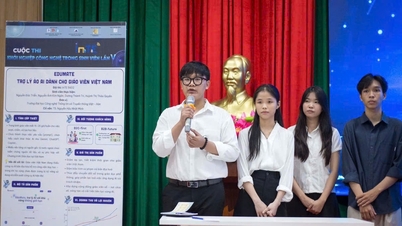

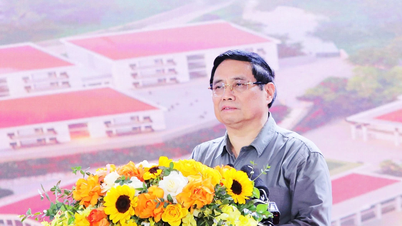









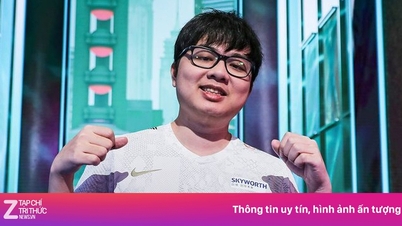










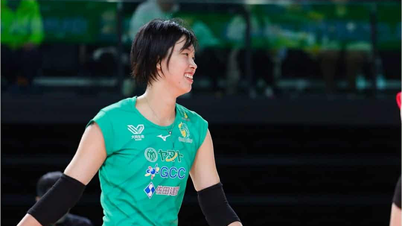














































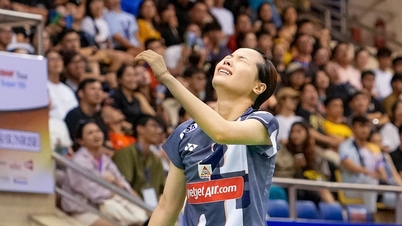

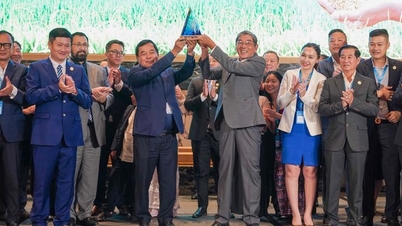



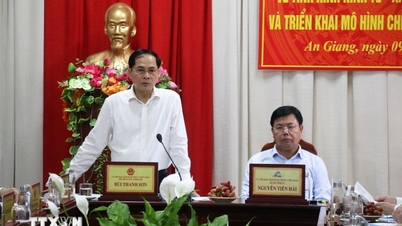



























Comment (0)